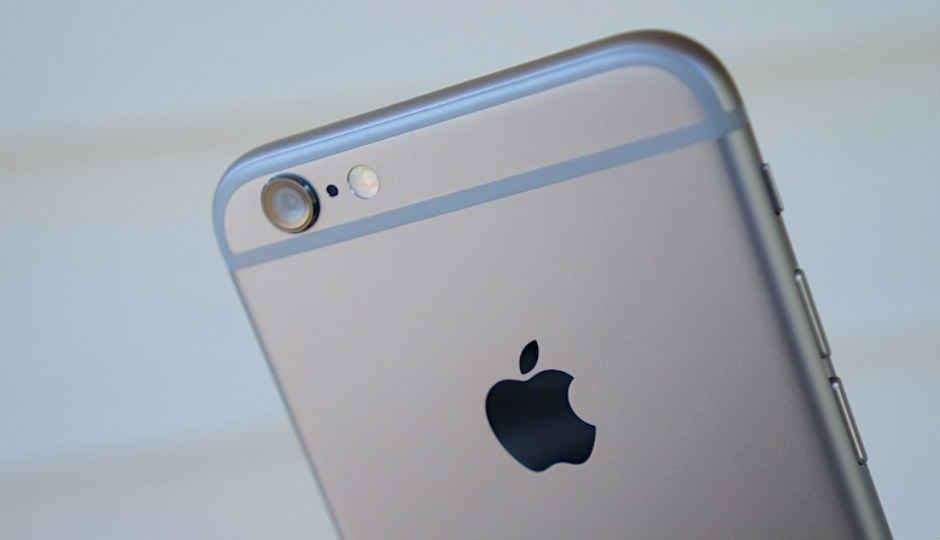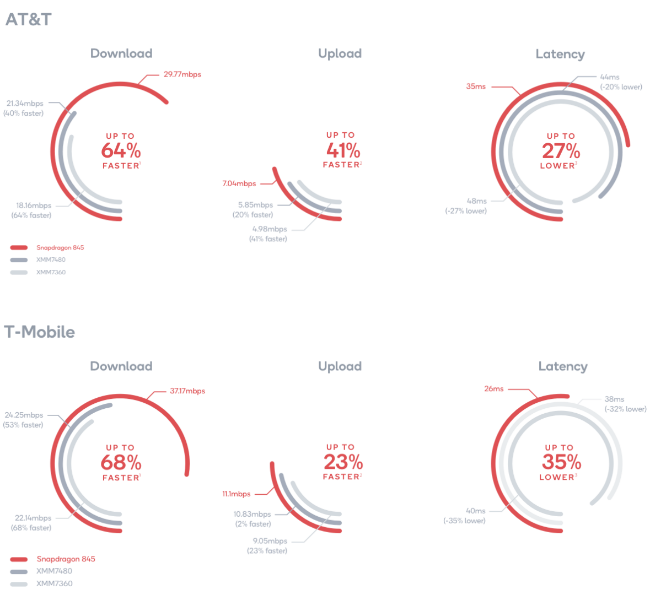Apple’s upcoming iPhones to use slower Intel modems instead of Qualcomm’s: Report
A Qualcomm executive has reportedly said that Apple will be using modems supplied by its competitors over theirs and as test results indicated, Snapdragon chips deliver higher network speeds compared to Intel modems.

Apple and Qualcomm’s spat might prove problematic for future iPhone buyers. In an earnings call with analysts, Qualcomm financial chief George Davis said, “We believe Apple intends to solely use our competitor's modems rather than our modems in its next iPhone release,” meaning that the upcoming iPhones could be slower than their rival Android smartphones as Qualcomm is the foremost 4G chip supplier for smartphone manufacturers. However, CNET reports that this does not mean that the companies will not conduct business anymore as Cristiano Amon, Head of Qualcomm's Chip Business stated, "This is a very dynamic industry, if the opportunity presents itself, I think we will be a supplier of Apple.”
 Survey
SurveyApple uses both Intel and Qualcomm’s modems on its various iPhone models and even though Qualcomm didn’t specifically mention Intel’s name as the supplier for Apple’s 2018 iPhones, it is expected that the company will go with Intel chips. Additionally, a recent speedtest report by Ookla and Qualcomm reveals that Qualcomm powered phones are indeed faster than Apple’s iPhones that use Intel modems. The test was conducted in the US and shows that the Snapdragon 845 chip delivers up to 64 percent faster download speeds on AT&T’s network and up to 68 percent faster on T-Mobile’s network as compared to Intel’s XXM7480 and XMM7360 modems. "Overall, the cellular performance of Android smartphones based on the Snapdragon 845 outpaced the Intel devices in every evaluated metric," Qualcomm stated in a blog post.
Qualcomm can be expected to maintain the lead in network speed over Intel as it recently announced the QTM052 mmWave 5G antenna module. The module pairs with the company’s X50 5G modem to enable connectivity across different spectrum bands in the mmWave spectrum. This is an important development because mmWave signals deliver considerably faster speeds but are unused because of shorter transmission range and easily blocked signals. Qualcomm said that the QTM052 mmWave antenna modules support advanced beam forming, beam steering, and beam tracking technologies to work around the said issues and maintain signal consistency. The company says that devices with new modules can be expected to launch by the first half of 2019.
Digit NewsDesk
Digit News Desk writes news stories across a range of topics. Getting you news updates on the latest in the world of tech. View Full Profile





